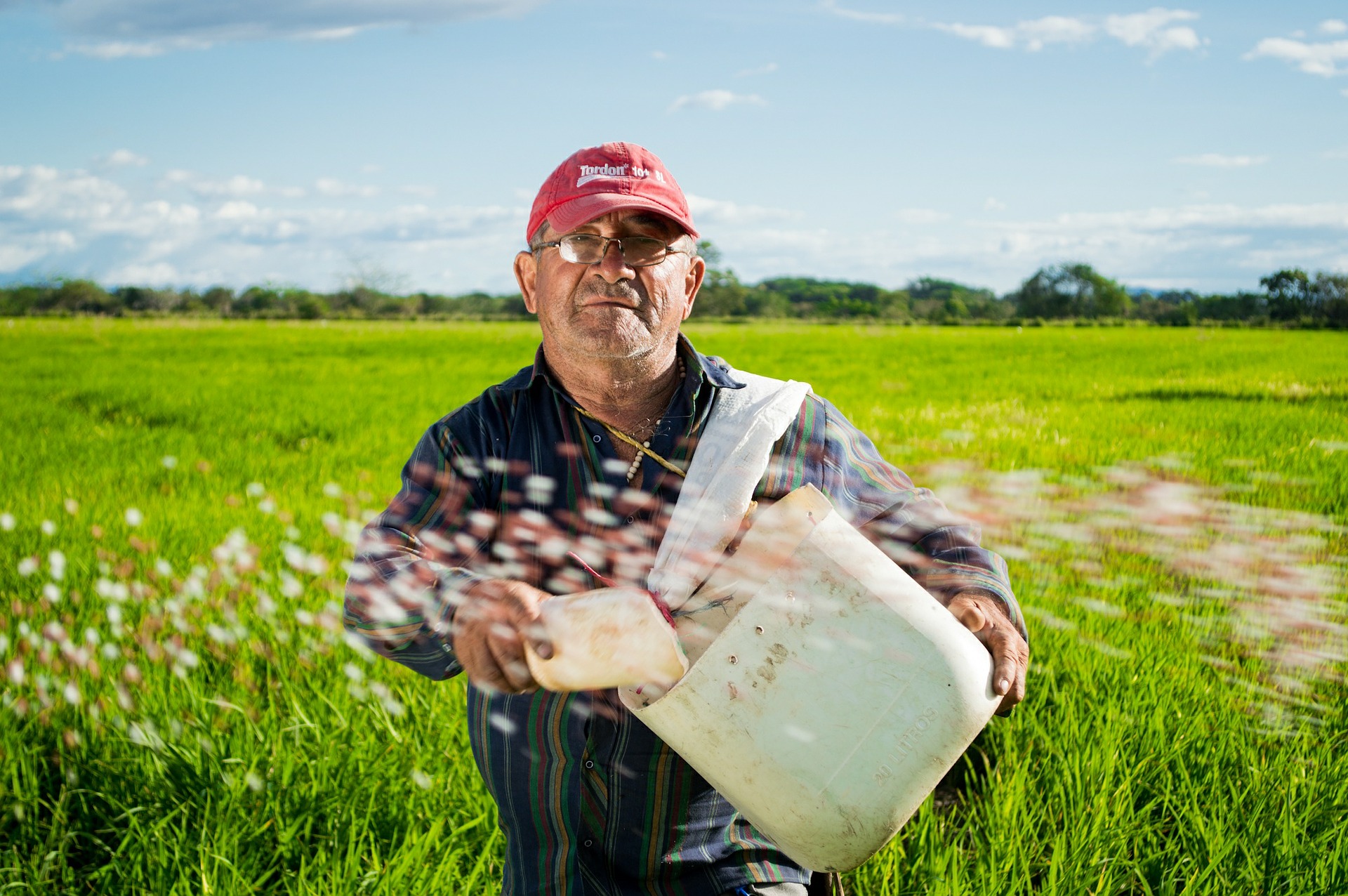
3. BEFORE YOU SOW, KNOW YOUR SOIL
We’ve been studying in Matthew 13, the parable of the sower. Jesus begins the story by saying, A sower went out to sow. Last week we clarified that of the three main characters; the sower, the seed, and the soil, only one character changes. The soil. So the logical understanding is that there are four types of persons who hear the Word of God. At least that’s what I’d been taught the past 46 years.
But I believe the times have skewed our interpretation of Jesus’ words. Jesus is no dummy. He knows His audience is full of farmers who know their trade. Why would a sower, an experienced professional farmer, sow seed on hard ground? Rocky ground? And weedy ground? Some may argue, well it just fell out of the farmer’s bag in those spots. But again, what farmer would waste seed like that? It’s like letting money slide out of a hole in your pocket. Certainly when you realize what’s happening and you stop and pick up the money. Having a hole in your seed bag is the same as throwing money away.
So I asked Jesus one morning as I meditated on this passage, “Why would a farmer sow seed on hard ground?” And I hope you remember His answer? A good sower would never sow on such ground. That’s the point of the parable!
I met a farmer in New England where the soil is very stony. He said the first few years, he had to plough the land numerous times both in the Fall and in the Spring to get out the stones. He’d plough the land only to have dozens of stones rise to the surface. Then he’d have to go back over the land pulling the stones out of the ground. Sometimes the rocks were so big he had to use a tractor to unearth them.
Every professional studies and knows his trade. This farmer certainly knew the soil well. He’s likely even studied various sources of water too. And in today’s world farmers know the composition of their soil so as add chemicals and nutrients as needed. In addition, a farmer will study the weather, possibly the migration of animals and birds that could also impact his harvest. The farmer may even consider the timing of the market so that the harvest will come when prices are at their highest. Last week we saw how most of the ways we prepare sowers to plant seeds focuses on the sowers themselves, not the soil. This is a huge point, that must be grasped before we move on.
When we place the emphasis of training sowers of the Gospel seed on language learning, contextualization, various evangelistic strategies it’s like the farmer who studies the weather, the community, the market, but he’s never studied his own soil. To study the soil, to impact lives, we need to interact with the soil. We not only need to prepare ourselves, we need to plough, remove rocks, irrigate, fertilize – get our hands dirty with the people. We need to plough deeply into the individuals to whom He has assigned us. This requires investing time, living, working, modeling – being Jesus to the people. And the result of good ploughing is that people’s hearts and minds are changed, altered, opened to receive the seed of the Gospel.
![]()
PATRICK LAI and his family have worked in SE Asia for over 37 years. His experience in doing business with Jesus has brought him to understand the meaning of work and worship in the marketplace. He started 14 businesses in four countries, six of which are still operating. Patrick and his wife, May, mentor and coach businesspeople working where there are few or no Christians. Check out Patrick’s latest book, Workship, now available in paperback and e-book.
- Blog Home
- /
- Plowing/Sowing
- /
- LESSONS FROM A FARMER…
